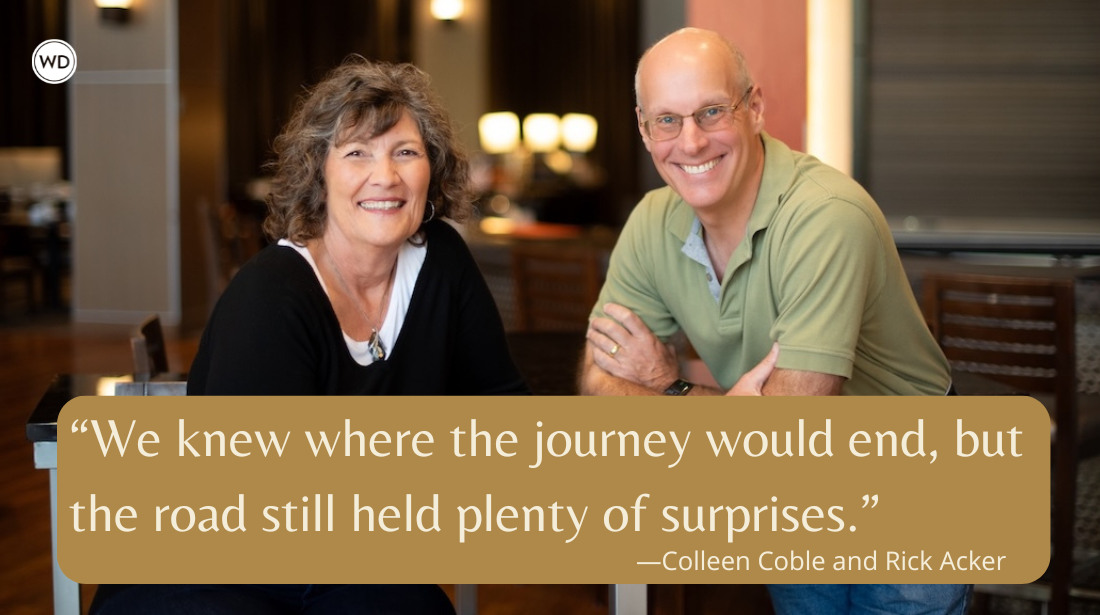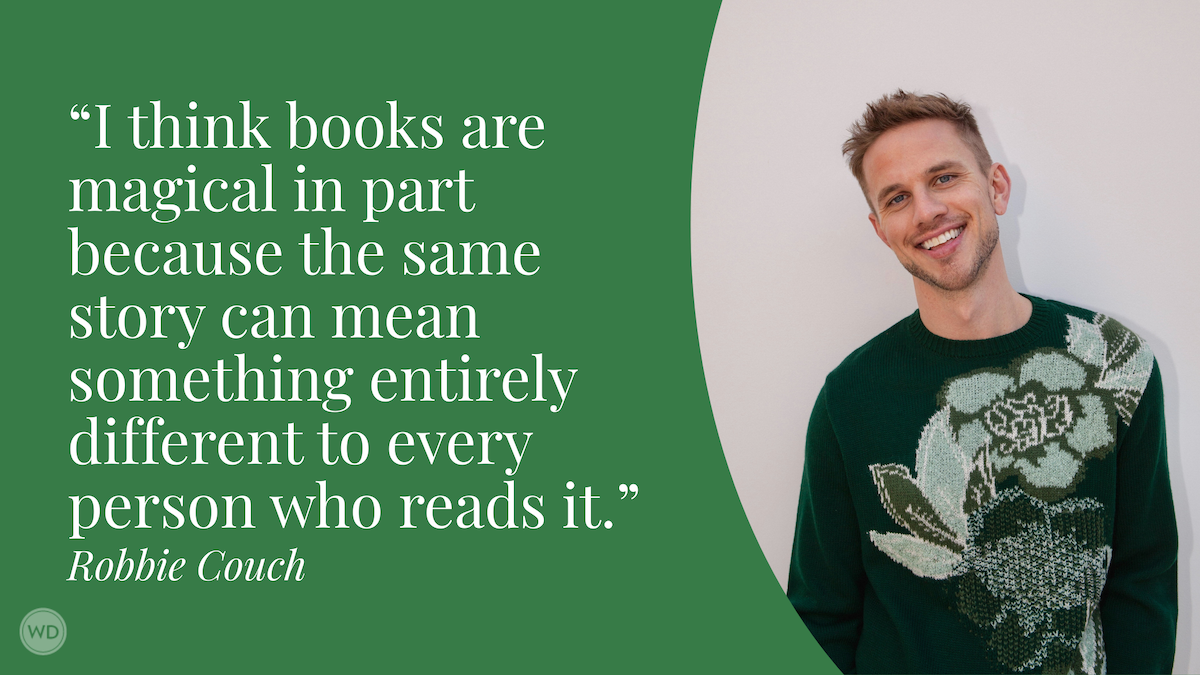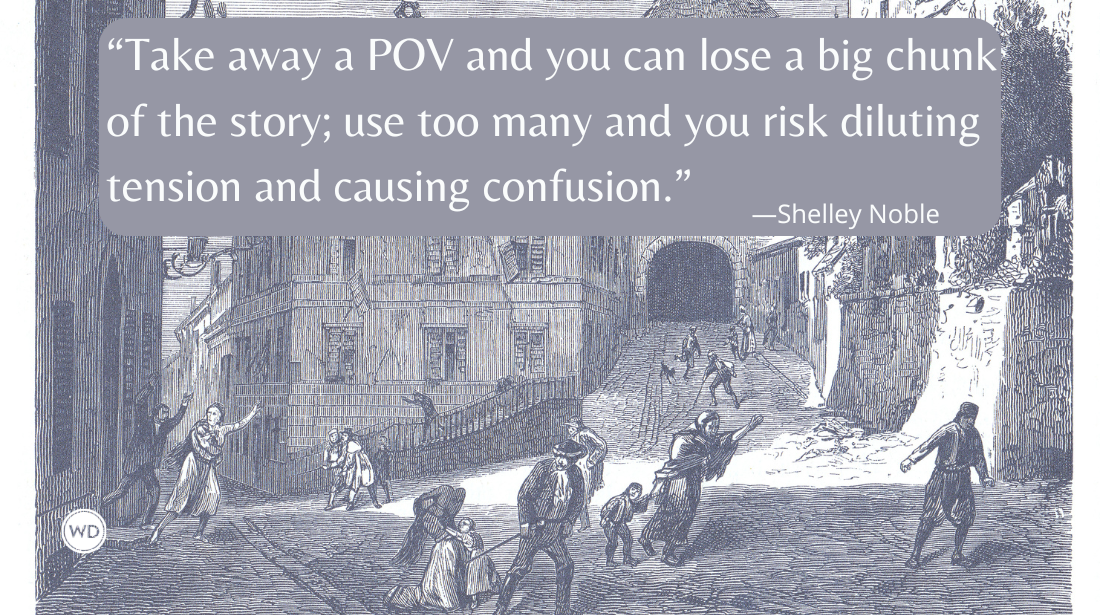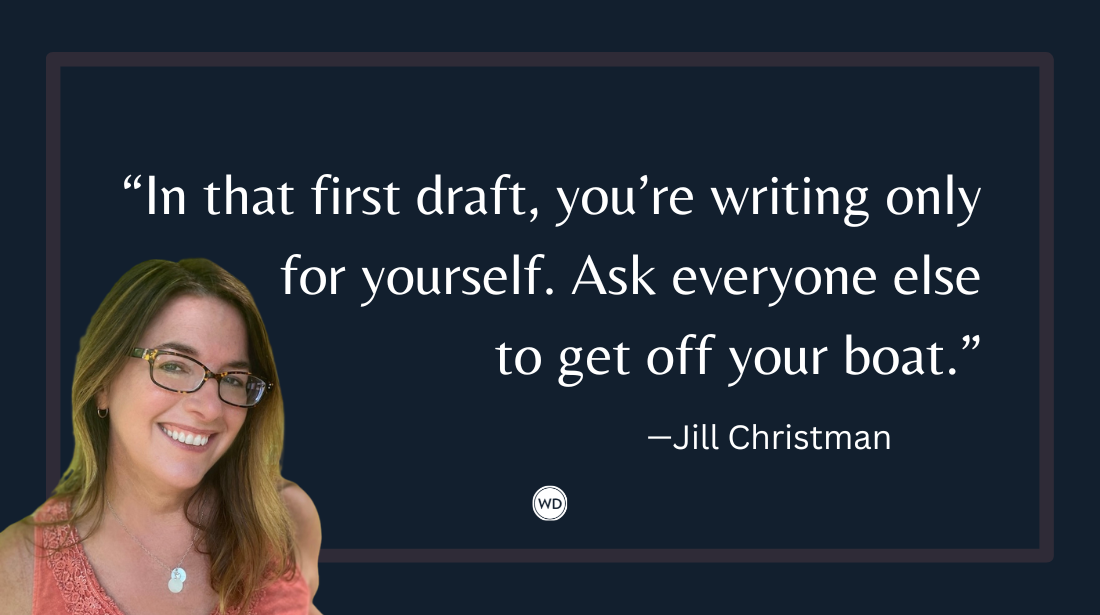The 7 Deadly Sins of Self-Editing
Avoid these tempting traps, and save yourself from the kind of painful revision that can lead your manuscript to eternal damnation.
We’re most likely to sin when we’re at our most vulnerable—and for creative writers, there may be no more vulnerable time than the delicate (and often excruciating) process of editing our own work. Sidestep these too-common traps, and keep your story’s soul pure.
by Janice Gable Bashman & Kathryn Craft
1. Greed
Many authors damn their efforts from the start with a premature focus on snagging a lucrative book deal. They submit to agents or self-publish before their work is truly ready. But building a career requires that you lay a strong foundation of only your best work—and nobody’s first draft is the best it can be. Careful editing is the mortar that holds the story bricks together.
Penance: Resist the temptation to convince yourself your first draft is “good enough.” If you find yourself rushing your editing process just to leap ahead to pursuing publication, look for deeper motivation to sustain you. Remember that the revision process doesn’t have to be any less enjoyable than the writing itself: You’ll be setting out to find the magic in each word, sentence, paragraph. You’ll be tapping your creative soul for ways to add tension to every page, to find clever solutions to tough story problems. Greed looks toward the uncertain rewards of tomorrow. The joys of writing are available to you today.
2. Lust
Just as dangerous as the temptation to call your first draft “finished” can be the tendency to jump into a revision right away. Words and ideas flood your mind; emotions pump through your heart. But that mad creative rush can become excessive, harming your ability to clearly assess your writing.
Penance: Step away from your current project as long as you can bear it—then wait an additional week. You’ll need that emotional distance before you revisit your work.
3. Gluttony
A great novel is like a gourmet meal. It must be prepared carefully, and to specification, with complementary flavors and courses.
Getting carried away and stuffing in all the good ideas and beautiful word pairings you’ve got in your pantry can lead to overindulgence.
Penance: Put your manuscript on a diet. Pare down or eliminate scenes that don’t further the story. Examine plot points, characters, description, dialogue and exposition, until you have precisely what you need to tell your story, and not a character or subplot more. Then apply this same philosophy to your work at the sentence level, killing your darlings and eliminating excessive adjectives and adverbs, along with verbose descriptions. Bring out the flavor of both your story and your style, but stop short of overseasoning.
4. Pride
Even in the current age of publishing, where aspiring authors can and must act as their own publicists and webmasters and take on myriad other roles, editing is one thing you can’t complete alone. As a form of communication, writing needs an audience. Thinking you don’t need feedback from others isn’t just pride—it’s pride that can squelch your potential.
Penance: Seek the help of beta readers, critique groups and editors. In return for the valuable feedback you receive, share your growing skills by critiquing the works of other participants in return. Then take your humble approach a step further and volunteer at writing conferences, libraries or literacy programs. Start a neighborhood book club, a regional networking group or a listserv for writers. Read widely and blog about it. The more you support the literary community, the more likely it will support you.
5. Sloth
The lazy scribe is one who’s failed to develop and utilize all her natural talents. To draft a story—and then stop there—is to ignore the very nature of literature, which constructs meaning through the deft layering of craft elements. If you find yourself bucking that notion, you may be guilty of sloth.
Penance: Just like with physical exercise, whipping your talent into shape takes time and dedication. You don’t jog once a year and end up with a perfect body. So it goes with your manuscript. To build the endurance skills you’ll need for marathon writing and revision, you must continuously train: Do writing prompts. Do writing exercises. Keep your writing muscles toned through daily practice, and when you review your previous work, your mistakes and weak sections will become more apparent, you’ll be more capable of dealing with them, and you’ll be far less likely to walk away.
6. Envy
Creative people are notoriously insecure. You may covet one published author’s self-confident voice, or another’s way with words. Maybe it’s his humor, or her emotional honesty. If you fear your work pales in comparison, remember that those authors didn’t strike it big by mimicking others or wallowing in jealousy.
Penance: With a friend or writing group, analyze your draft for what is uniquely you. Is it your voice? Your descriptions? Your quirky observations about the world around you? Edit your manuscript again, with an eye for drawing that element out on every page. Editors and agents don’t want another x, y or z. They want what you have that nobody else does. So don’t hold yourself to an impossible standard by trying to be one of your peers.
7. Wrath
The editing process can inspire uncontrolled feelings of rage in a writer. It’s difficult to discover or to hear from a trusted reader that you might not yet have fully developed your work—but it’s also an important step in growing your organic talent.
Penance: Wrath will only get in the way. Ignore feedback at your own peril: What angers us most holds a nugget of truth. Find it. Listen for the gifts within the criticism offered, and use them to help inspire new ideas. Your manuscript can only improve as a result.
************
For more on Brian, his blogs and his book, click here.
Follow on Twitter: @BrianKlems









